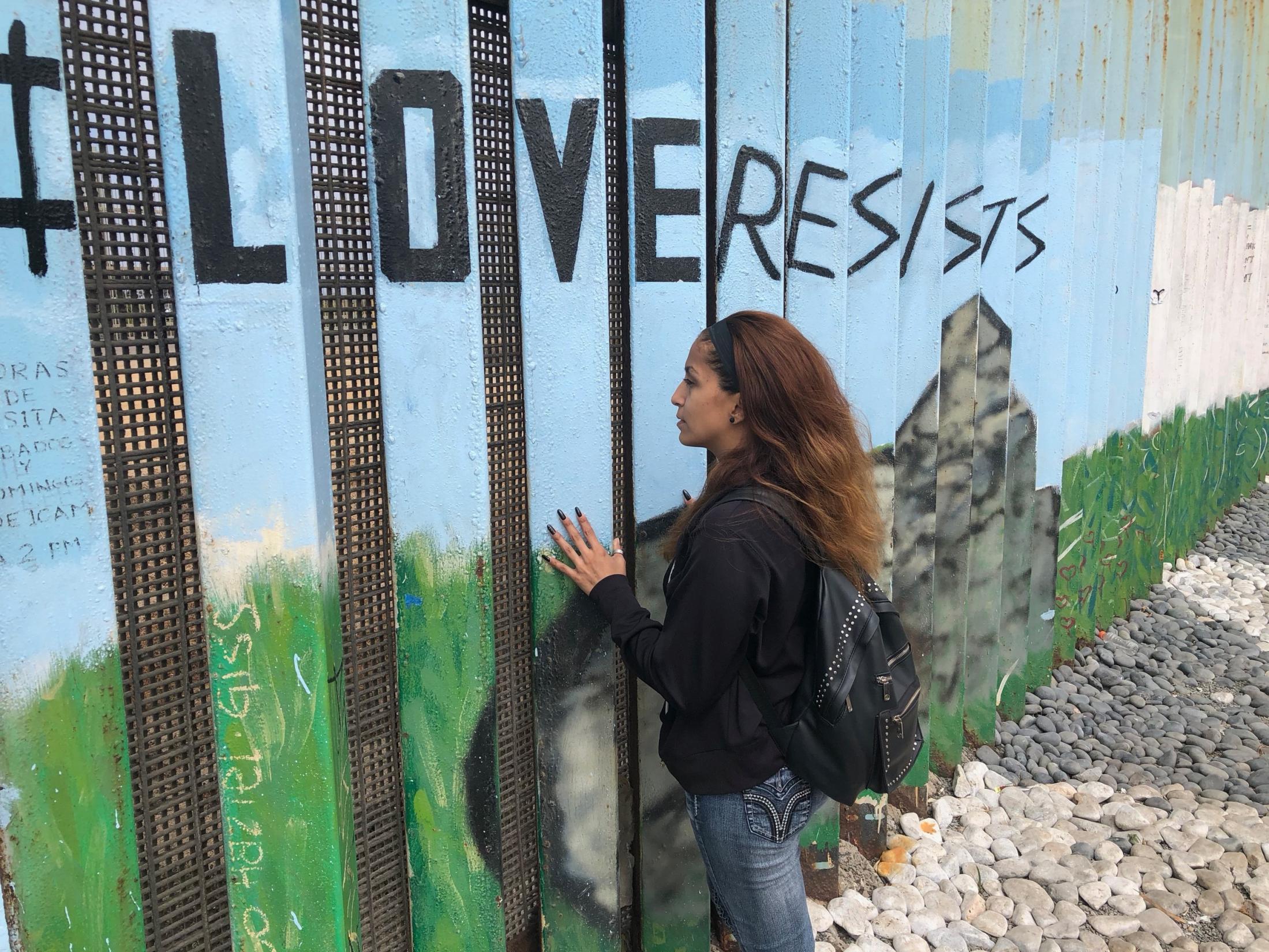Deported Childhood Arrivals
By Robert McKee Irwin
Problem
The deportation of immigrants who came to the United States as children (“childhood arrivals”) generates specific and acute hardships. Childhood arrivals, who were raised in the US, often identify as US Americans, and generally have not lived in their birth countries as adults, are often unprepared to start a new life in their birth country. For many childhood arrivals, deportation amounts to banishment to a foreign land.
The Deferred Action for Childhood Arrivals (DACA) program was launched in 2012 to protect a subset of these migrants from deportation. DACA targeted childhood arrivals who were under 31 years old, were in school or had at least a high school degree, and had not been convicted of any serious crime. However, many childhood arrivals otherwise meeting this criteria were deported prior to the implementation of DACA.
Solution
Childhood arrival migrants who meet all DACA criteria, aside from that requiring continuous US residency, including those childhood arrival migrants who have been deported for immigration violations, should be granted eligibility for enrollment in this program or its replacement, and readmission to the United States.
Observations
The US Supreme Court is currently weighing whether to permit the current US president to rescind the DACA program. Even though the program is supported by a large majority of US citizens, it may be repealed, which would make the roughly 650,000 people currently enrolled in DACA vulnerable to deportation.
The stories of migrants deported prior to DACA illustrate the hardships that childhood arrivals face upon deportation, exposing the extreme harshness of this measure of migration control. Indeed, childhood arrivals are often poorly prepared for life in their country of origin. Most have no prior experience with Mexican government agencies (aside from consulate offices in the US), education systems, public health infrastructure, labor markets, laws, and many lack fluency in the national language.
Their traumatic stories offer powerful evidence for maintaining the current protections offered to those enrolled in DACA. They also reveal the severe ethical error made by the United States in deporting these young people prior to 2012, a mistake that could be corrected by giving these childhood arrivals another chance.

The three-part story of Isaac Rivera is particularly illustrative. In its first installment, he describes migrating to the United States at age six. After a brief period of adjustment, Isaac grew up in San Diego, living a life similar to that of so many other American young people: studying, playing sports, going to church. Only when he was old enough to drive did he become conscious that he was different from many of his classmates. Gradually, he was confronted with a series of limitations due to his undocumented status, including the inability to obtain a driver’s license, to attend a public university as an instate resident, or to enroll in the US military.
In the second installment, Isaac describes getting stopped at a highway checkpoint, where he was detained. As a young person who had never been in trouble with the law, he recalls the extreme fear he felt at being held in the cold confines of a migration detention center. The next day, Isaac was deported to Tijuana.
In the third installment of his story, Isaac recounts a lengthy period of trauma and sadness as he settles, completely alone, in Tijuana, where he knew no one. While he eventually recovered, he describes extensive suffering—and all stemming from having bad luck at a highway checkpoint.

Tania Mendoza tells a similar story of migrating to the United States as an infant, and growing up in Southern California. She discovered her undocumented status when her parents hired a sham notary, who promised he could help them obtain legal residency. Their failed residency case generated an automatic deportation order. Although two of Tania’s siblings were born in the US and therefore US citizens, the rest of the family lived under the shadow of this deportation order. Years later, Tania was questioned by police about an argument with a boyfriend; although no charges were filed against anyone and Tania had no criminal record, she was turned over to Immigration and Customs Enforcement (ICE) agents, who asked her to sign a routine form. She complied without realizing that by doing so she had consented to her deportation. Similar to the case of Isaac, the consequence of this interaction generated a situation of forced displacement to a country in which she had no ties or experience.
Moreover, as she explains in the second installment of her story, her removal separated her from her young daughter, and eventually, the girl’s father cut off all contact between mother and daughter. Tania describes how the effects of this deportation go beyond her own suffering, as her daughter was left without access to her mother. Luckily, the girl’s father later reopened the couple’s custody case in a Los Angeles civil court that permitted Tania to participate remotely, resulting in an immediate court order requiring phone “visits,” and perhaps opening up the possibility of in-person visits to Tijuana, where Tania is living.
Stories like Isaac’s and Tania’s hint at the potential damage that could be done should DACA be rescinded. Migrants like Tania and Isaac, both deported to Mexico prior to DACA’s launch in 2012, would both have been eligible for protection from deportation under the program. Not only should the DACA program remain in effect to prevent more deportations and family separations, it should expand to allow previously deported individuals who otherwise meet the program criteria to apply from abroad.
